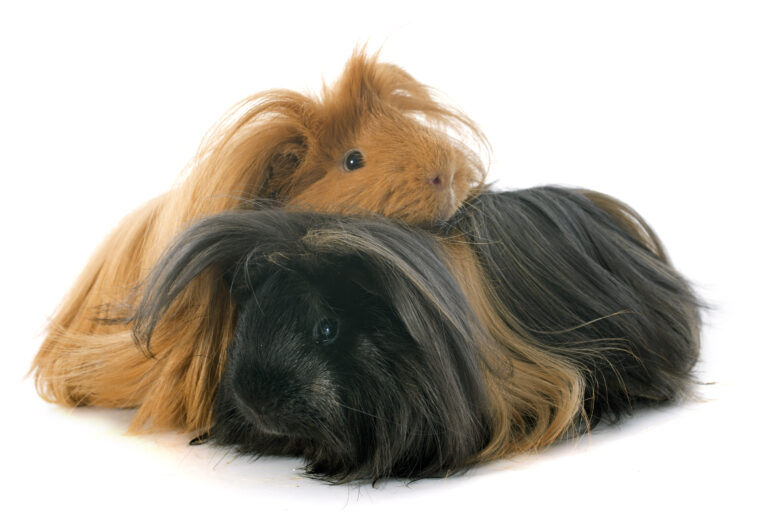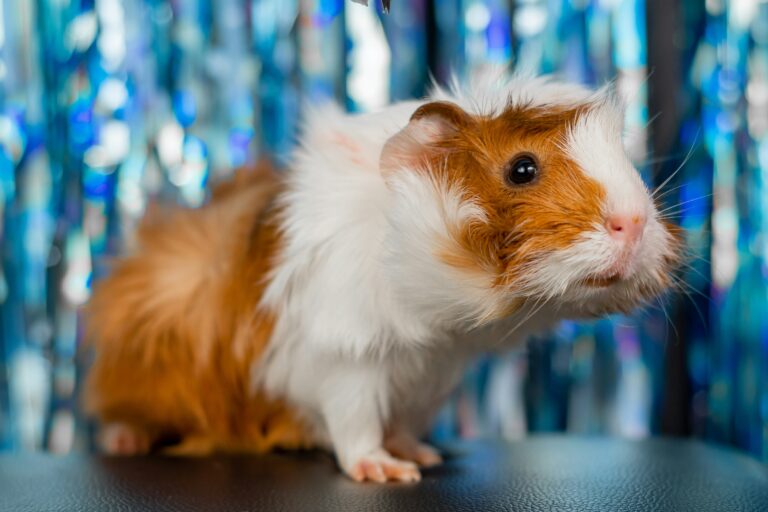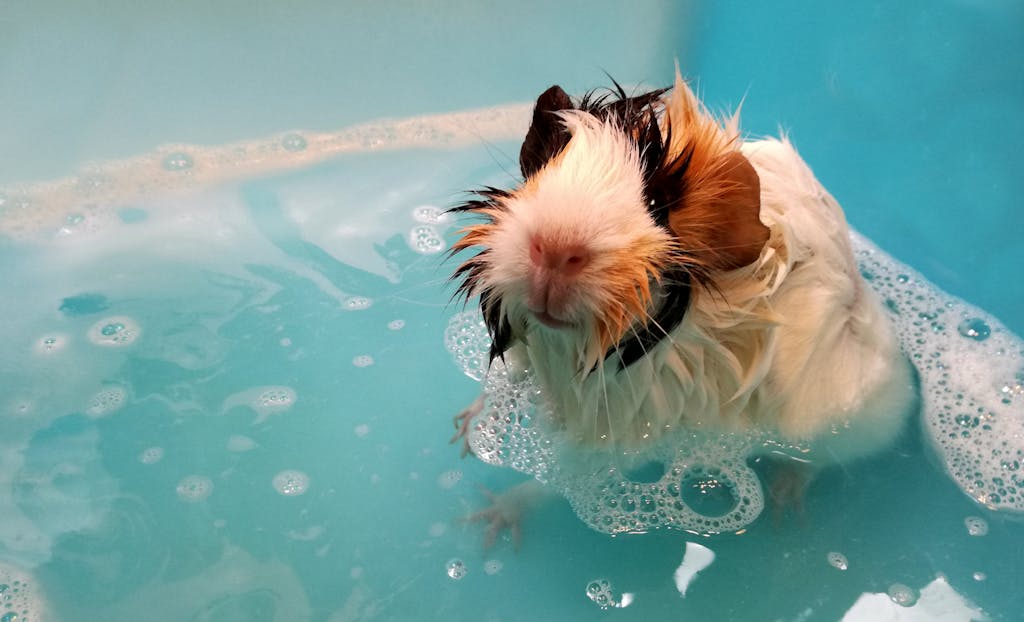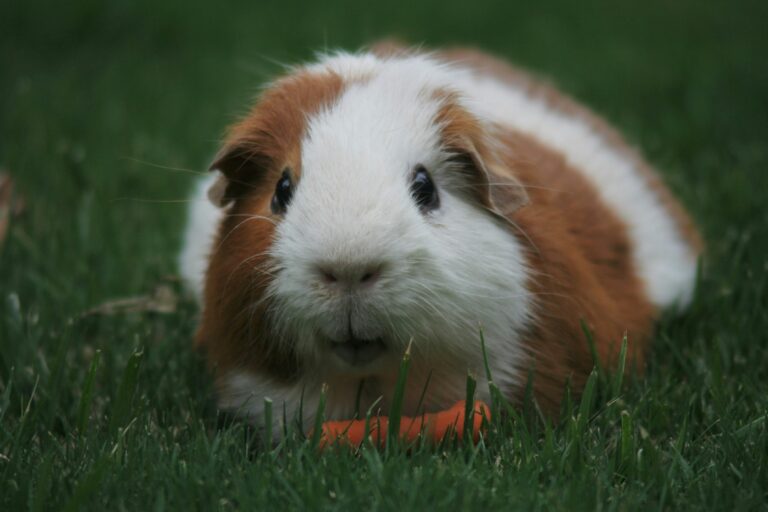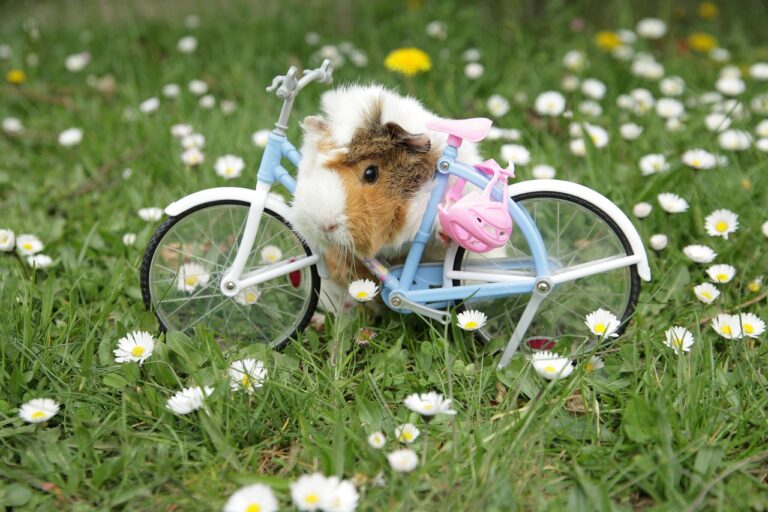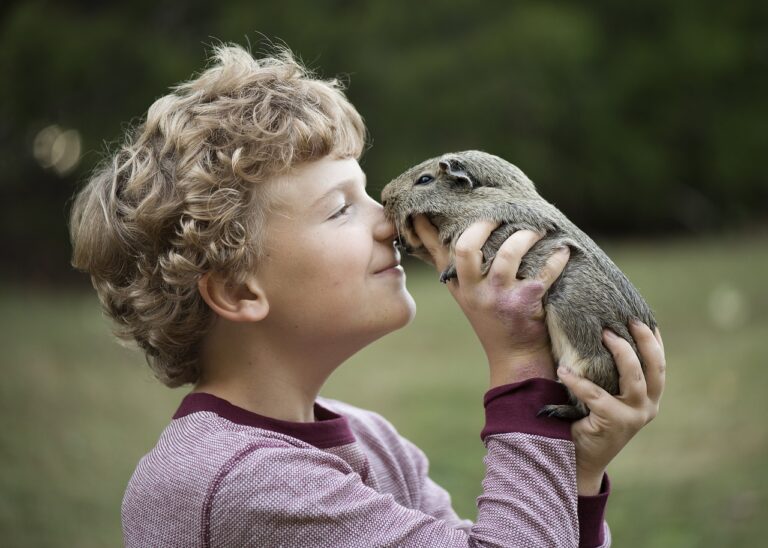Does my Guinea Pig need a friend?
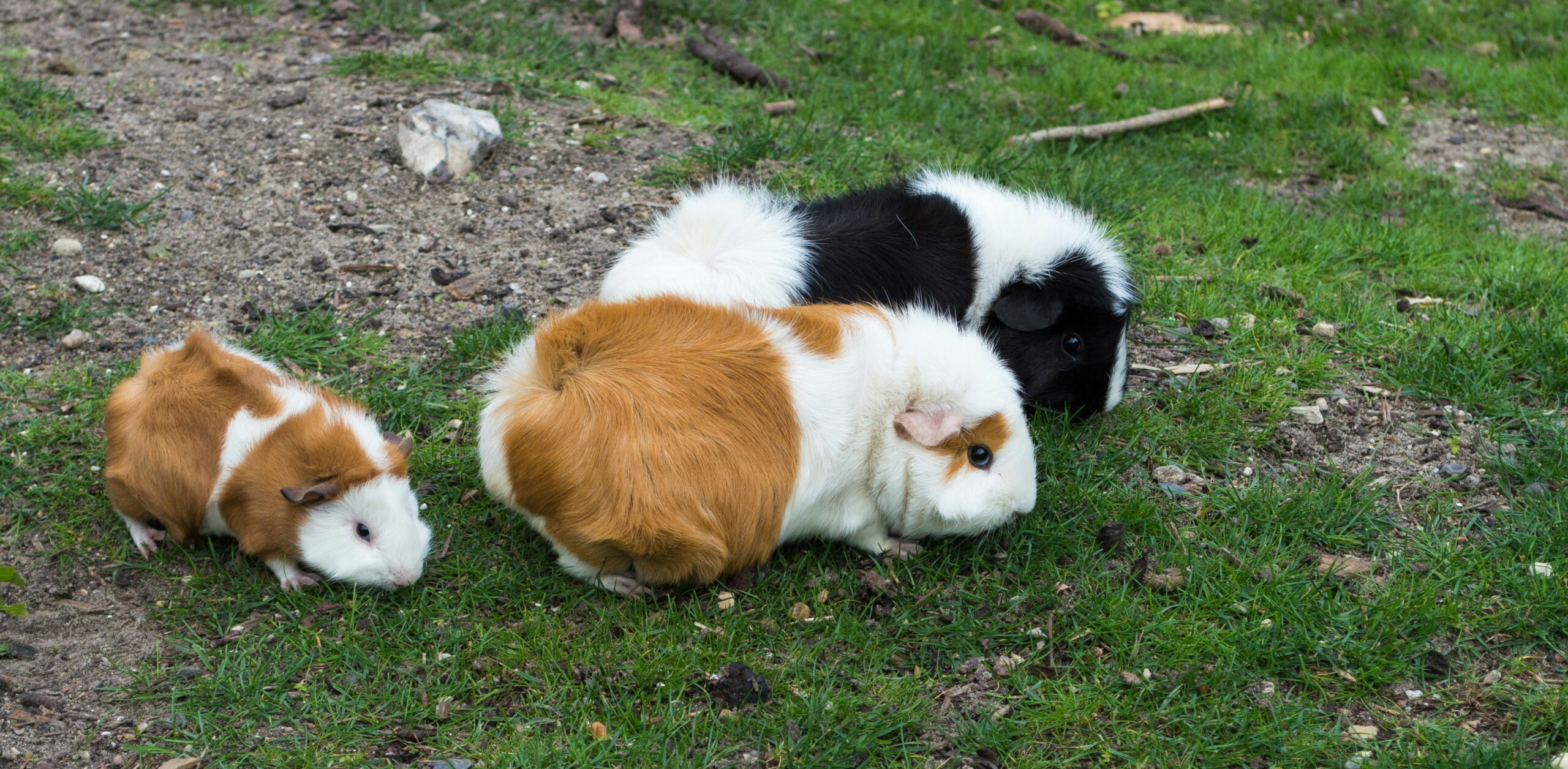
Guinea pigs are common pets, beloved for both their cute appearance and sweet personalities!
However, beyond their undeniable cuteness, guinea pigs are social creatures that thrive on companionship and interaction with their own kind.
In this post, we’ll explore the fascinating social dynamics of guinea pigs and why contact with other guinea pigs is essential for their well-being!
Understanding Guinea Pig Social Behavior
In the wild, guinea pigs live in large social groups known as herds. Within these herds, they establish complex social hierarchies and engage in various forms of communication, including vocalizations, body language, and scent marking.
These social structures serve important functions, such as facilitating cooperation, providing protection from predators, and promoting reproductive success.
Even in domestic settings, guinea pigs retain their innate social instincts. They form strong bonds with their cage mates and derive numerous benefits from social interaction.
From grooming each other to engaging in playful antics, guinea pigs display a wide range of social behaviors that enhance their quality of life!
Benefits of Social Interaction for Guinea Pigs
Companionship: Like humans, guinea pigs can experience loneliness and boredom when kept alone. Having a companion of their own species provides guinea pigs with constant companionship, reducing stress and promoting emotional well-being.
Mental Stimulation: Interacting with other guinea pigs stimulates their minds and keeps them mentally engaged. Social play, exploration, and communication with cage mates provide valuable mental stimulation that helps prevent boredom and depression.
Behavioral Development: Social interaction with other guinea pigs is crucial for the proper development of social skills and behaviors. Young guinea pigs learn important behaviors, such as proper grooming techniques and communication signals, through interaction with older cage mates.
Health Benefits: Studies have shown that guinea pigs housed with companions exhibit lower levels of stress and improved overall health compared to solitary individuals. Socially housed guinea pigs are also less prone to developing behavioral problems and stereotypic behaviors.
Tips for Socializing Guinea Pigs
So, say you decide to bring home a new friend for your guinea pig. What are some tips and things to keep in mind to endure they become fast friends?
Pair Bonding: When introducing guinea pigs, it’s essential to pair individuals that are compatible in terms of age, temperament, and gender. Same-sex pairs or groups are typically recommended to prevent unwanted breeding and aggression.
Slow Introduction: Introduce guinea pigs gradually in a neutral territory to allow them to become acquainted without feeling threatened. Monitor their interactions closely and be prepared to intervene if any aggression occurs.
Providing Adequate Space: Ensure that the cage or enclosure is large enough to accommodate multiple guinea pigs comfortably. Providing hiding spots, tunnels, and enrichment activities can also help reduce competition and promote harmony among cage mates.
Monitoring Behavior: Pay close attention to the dynamics between guinea pigs and intervene if any signs of aggression or bullying are observed. Separating incompatible individuals may be necessary to prevent injury and maintain a harmonious environment.
Conclusion
Guinea pigs are social animals with complex social needs that are best met through interaction with their own kind!
Whether living in pairs or small groups, guinea pigs benefit immensely from companionship, mental stimulation, and the opportunity to engage in natural social behaviors.
By understanding and fulfilling their social requirements, we can ensure that our guinea pigs lead happy, healthy, and enriched lives as cherished members of our families!

